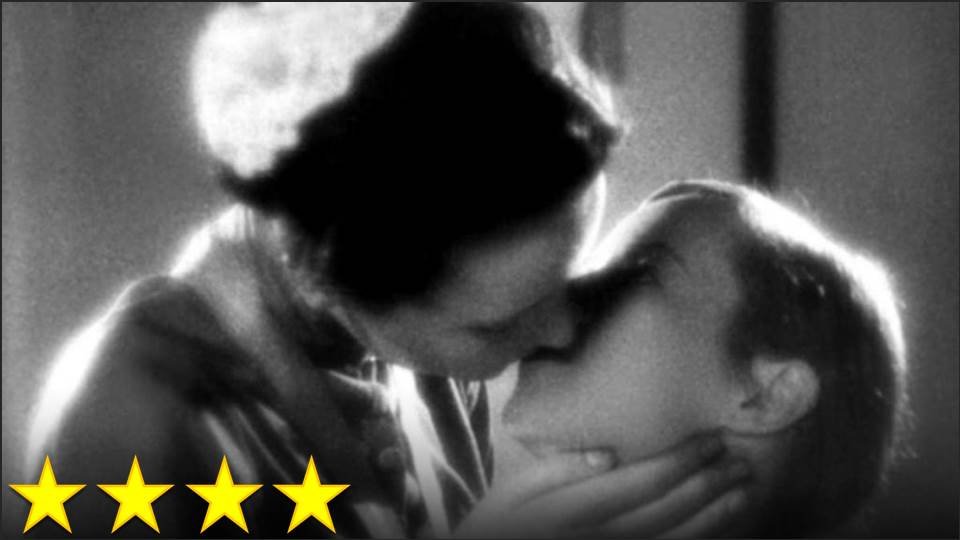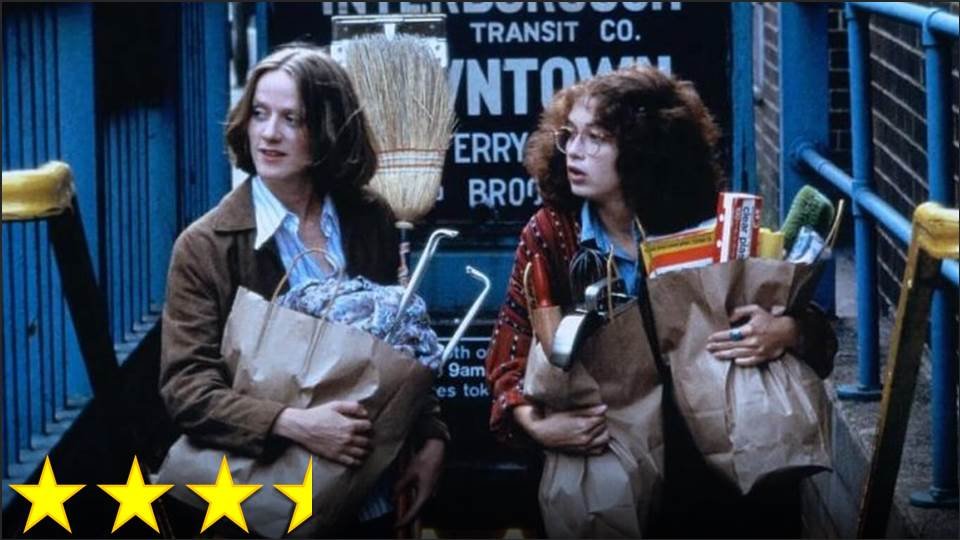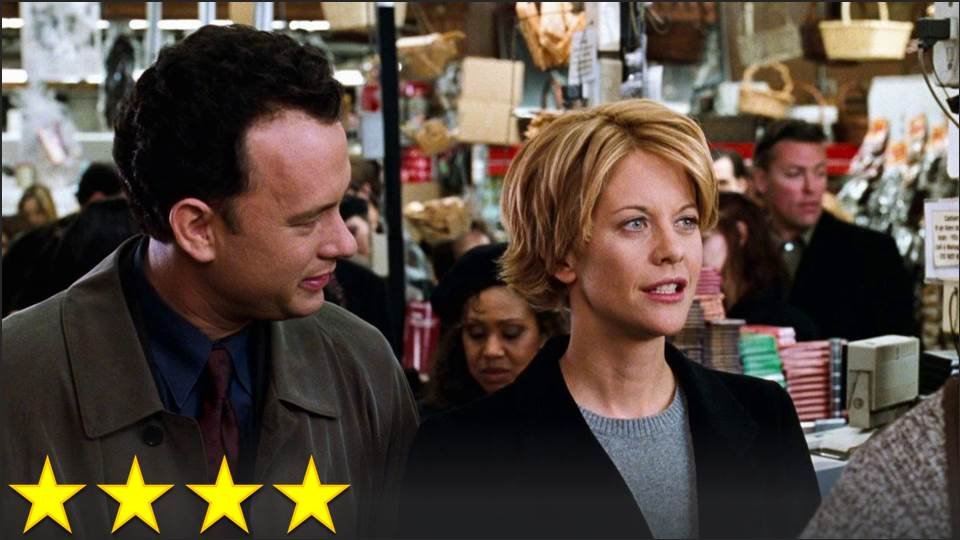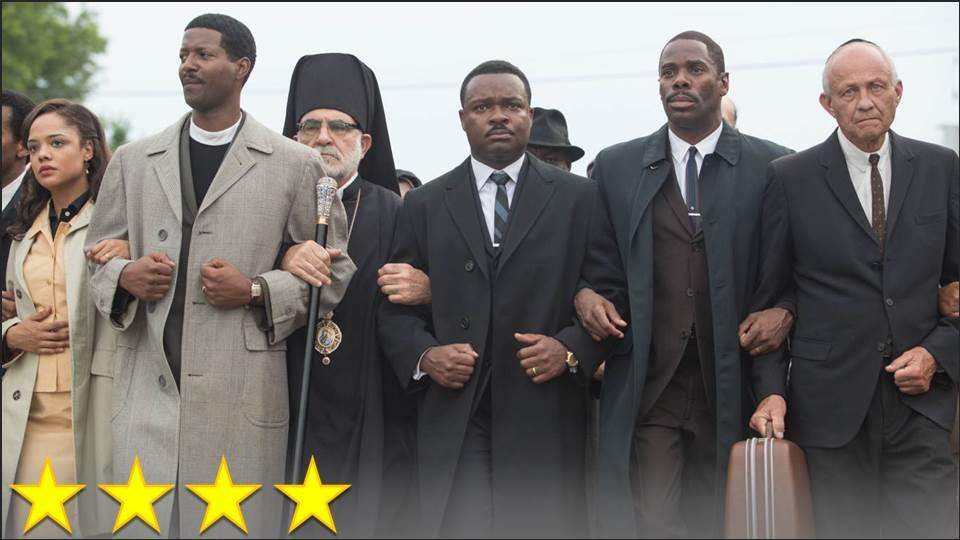The past few years have seen a strikingly large number of films that have made a big splash unexpectedly, shaking up cinema and dividing critics. From La La Land to Deadpool, or maybe even LEGO Batman, much of the fun of seeing a popular movie from 2016 is the experience of bafflement brought on by how unlikely it is that such a film could get a wide release in theaters with how far it strays from what studio execs normally like. Toni Erdmann presents the European side of the story. Some people I’ve known who’ve seen it find it entirely ordinary, whereas some critics think it’s a sign that cinema’s not dead. As a contemporary German film, one would expect a certain set of features that this film does, in fact, have: hyper-realism, a focus on real world issues (without neatly simplifying them to straightforward sermons), unsettling use of nudity, sex, and violence, and unconventional engagement with America’s entertainment industries. That being said, it does all this with a strange style – with a sentiment that’s difficult to pinpoint because it swings so far from being very objective, logical, and factual to being fun entertainment cinema, and then fully into raw depression. With such a strange hodgepodge of emotion, it’s difficult for people to discern how best to categorize the film in terms of genre.
While it’s been marketed as a comedy, this feels sort of like cheating since most of the film isn’t as fun as the trailers (which give the impression of a Coen Brothers film) would have one believe. There is clearly such a strong element of family drama in the film, and arguably some sort of political drama as well, in a sense, that there is good reason to think of this as a drama with comedic moments, but fortunately, the term “dramedy” allows us to stop worrying about such a dispute. I would argue, however, that the film is first and foremost a comedy, and that’s because of how the film engages with Freudian comedy theory. When the movie engages with comedy, it’s a kind of awkward comedy that doesn’t just let the viewer laugh at characters who act strangely or get into awkward situations, a la The Office, but rather makes the audience feel personally uncomfortable. I almost feel bad about being in the room at a time when the characters are so vulnerable, and consequently I can’t help but laugh for the sake of release, and it’s also funny because of how unaware the characters seem to be of the absurdity of their own situation. I think this is why, while the whole movie is, in a word, relentless, the funny scenes stand out as the most memorable. The film essentially presents a panorama of all the different kinds of “confrontation with the uncomfortable” that cinema has to offer, but it’s the funny scenes that make it something particularly special.





